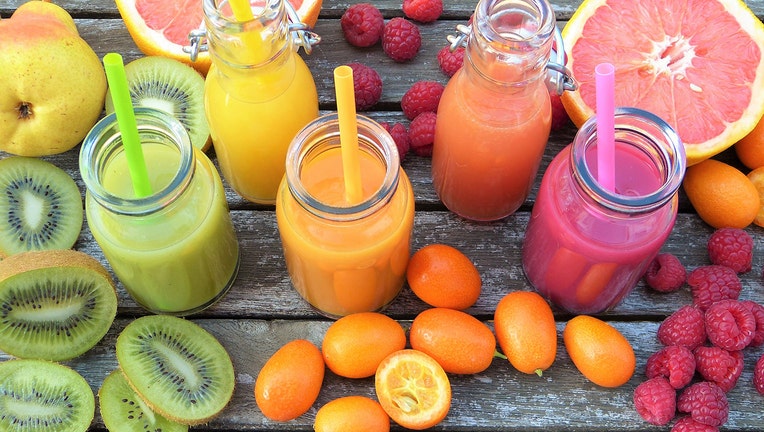No juice for children under 1-year-old, says the American Academy of Pediatrics

Many parents could be giving their children too much fruit juice, experts say. The American Academy of Pediatrics (AAP) announced Monday new guidelines for giving juice to young children.
It's one of the most common questions new parents ask pediatricians: How much 100-percent fruit juice should they give their kids?
But now, experts are saying what doctors have recommended in the past could be detrimental to children's health.
The Academy's new policy "Fruit Juice in Infants, Children and Adolescents: Current Recommendations" advises that fruit juice should not be provided to children younger than one year of age.
The longstanding previous recommendation, from 2001, advised that juice should not be given to infants under six-months of age.
There is one exception to this new policy, however. Children under one-year-old may be given juice if there is a "strong clinical basis for it" in the management of constipation.
AAP said the change comes after new research shows "considerable" concern about increasing obesity rates and risk for dental caries in children.
The guidelines for older children may surprise parents too. For children ages one to three, the maximum daily intake for 100% juice products is just four ounces. The maximum for children four to six-years-old is just six to eight ounces. For kids seven-years-old and older, the maximum daily intake of juice products is eight-ounces-- that's just one glass.
The policy also strongly discourages consumption of unpasteurized juice.
The policy encourages the consumption of fresh, whole fruits in children's diets instead. This is because whole fruit contains fiber.
The AAP recommends water and cow's milk as primary fluid sources for children after weaning.
See below for the full list of recommendations from the American Academy of Pediatrics regarding juice intake for children:

